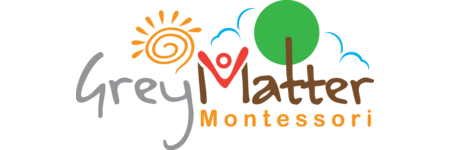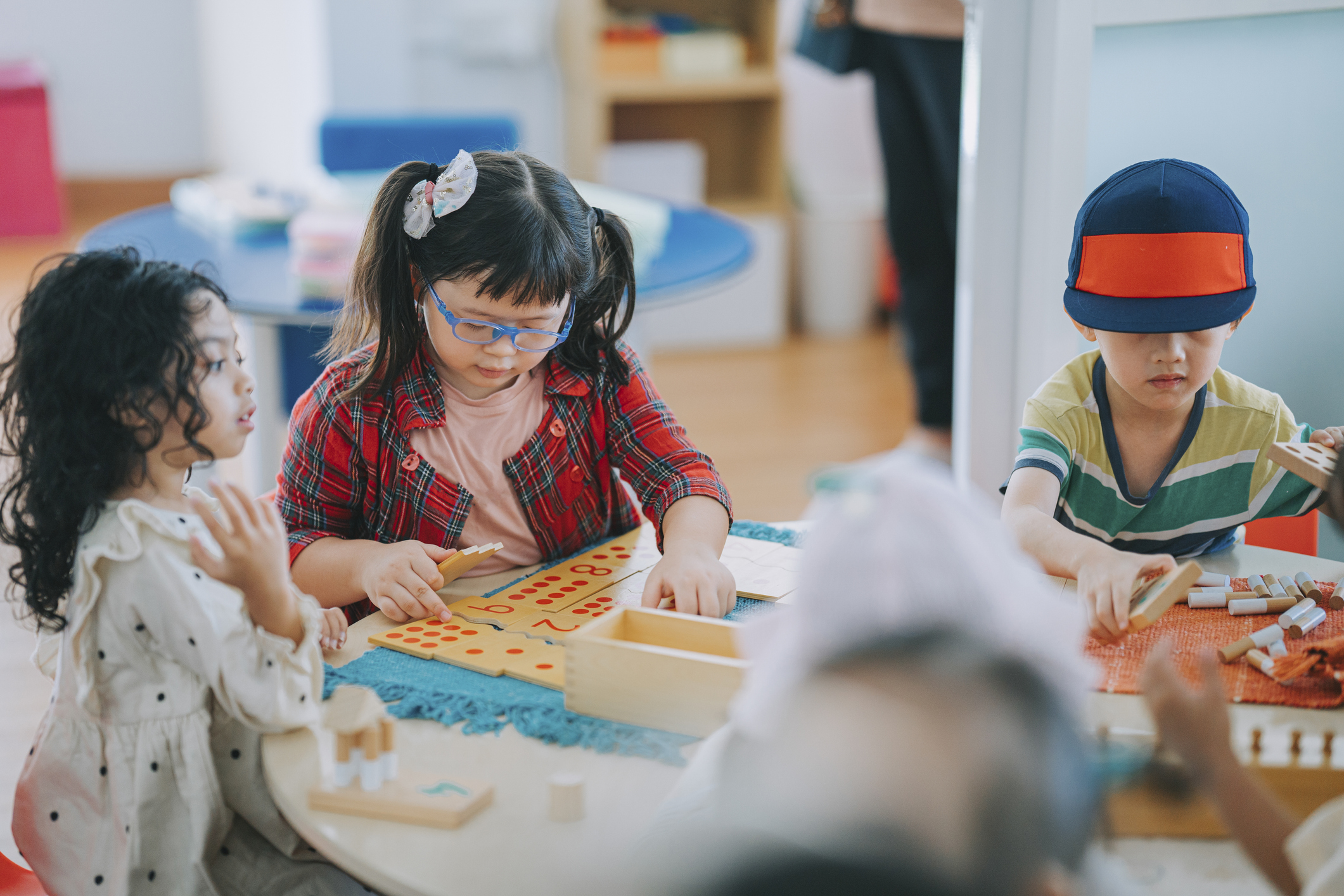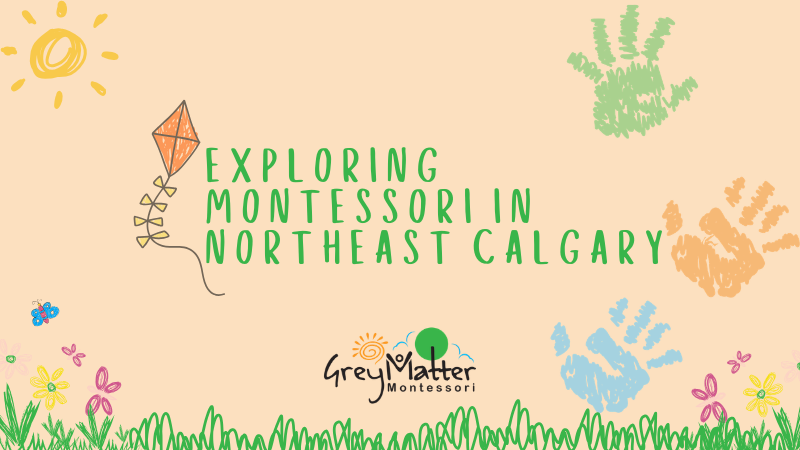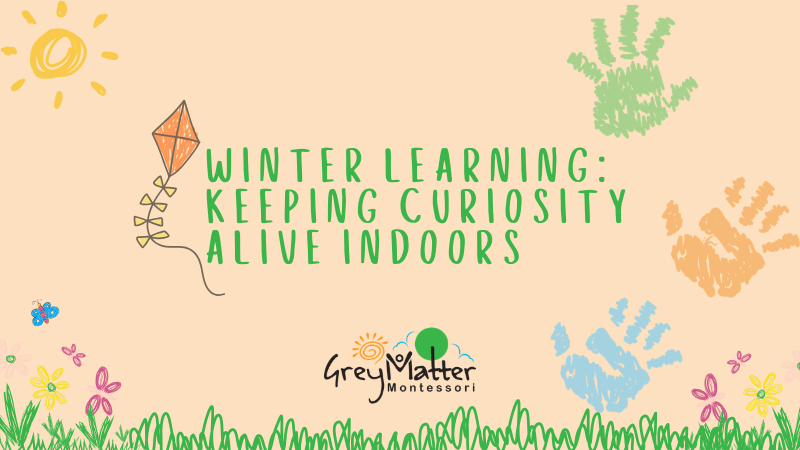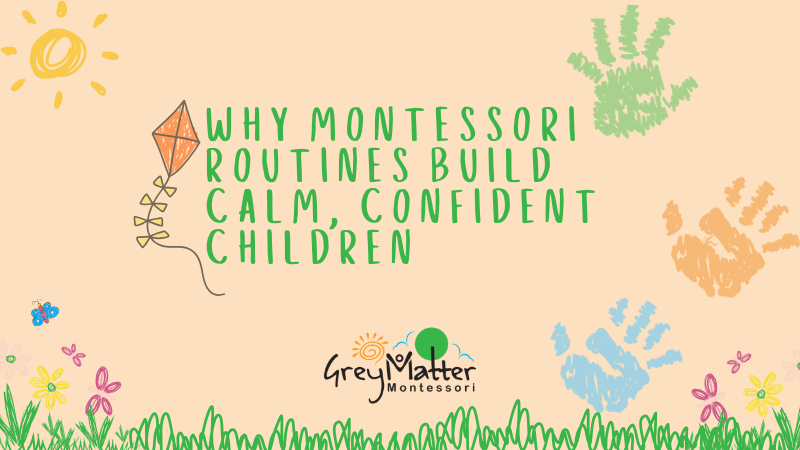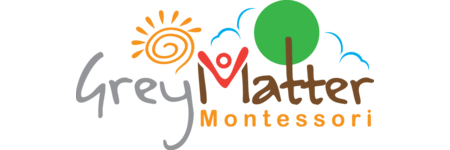When you hear the word "classroom", what imagery does it conjure? For many, it's rows of desks, teachers at the front with chalkboards, and students scribbling down notes. But what if there was a different vision, one that emphasizes free exploration, personal interests, and the cultivation of an independent spirit? Welcome to the world of Montessori education.
The Montessori approach to academics is not a new trend, but a time-tested methodology that prioritizes the development of a child's natural interests and abilities. Instead of adhering strictly to a universal curriculum, the Montessori model nurtures individualistic, self-motivated learners who are equipped to tackle real-world problems with creativity and confidence.
Emphasizing Self-Directed Learning
At the heart of the Montessori methodology is the principle of self-directed learning. Children in Montessori classrooms are encouraged to explore materials and subjects at their own pace. Unlike traditional models where everyone learns the same topic at the same time, here students delve into what intrigues them. This not only fosters a genuine love for learning but also ensures that children grasp concepts fully before moving on. Such an approach recognizes that every child's learning journey is unique and should be treated as such.
The Importance of a Prepared Environment
The Montessori classroom often termed the "prepared environment", plays a pivotal role in a child's academic journey. These classrooms are meticulously organized with materials that cater to varying developmental stages. Everything, from furniture size to the arrangement of learning tools, is tailored to foster independence. For instance, a Montessori student might be found preparing a snack on their own or tending to classroom plants. These activities aren't just chores; they are lessons in practical life, designed to instill skills of independence, responsibility, and self-reliance.
Fostering Holistic Development
Montessori education transcends academics. It encompasses the growth of the whole child—cognitive, emotional, social, and physical. Subjects are interwoven in a manner that provides students with a comprehensive worldview. For instance, studying a culture isn't limited to reading about it. Children might taste its cuisine, listen to its music, and understand its historical significance. Furthermore, with mixed-age classrooms being a staple in Montessori setups, younger children learn from their older peers while the elders reinforce their learning by teaching. This promotes social development, leadership skills, and a collaborative spirit.
In a rapidly changing world where rote memorization loses its lustre and where problem-solving, creativity, and adaptability become paramount, the Montessori approach shines brightly. By nurturing independent learners, it sets students on a path where they don't just absorb knowledge, but passionately seek it. They are prepared not just for exams but for life's myriad challenges. While traditional academic models have their merits, the Montessori method offers a compelling and empathetic avenue for those wishing to cultivate lifelong learners who approach the world with curiosity, confidence, and compassion.
Written on behalf of Grey Matter Montessori.
FAQ
Q: What is the primary focus of the Montessori approach to academics?
A: The Montessori approach emphasizes self-directed learning, allowing children to explore subjects at their own pace and according to their interests, cultivating individualistic and self-motivated learners.
Q: How does the Montessori classroom differ from traditional classrooms?
A: Montessori classrooms, often termed "prepared environments," are meticulously organized to cater to different developmental stages, fostering independence and practical life skills. Furniture and learning tools are tailored to the child's needs, promoting self-reliance.
Q: How does the Montessori method ensure a child's holistic development?
A: Beyond academic knowledge, Montessori education integrates cognitive, emotional, social, and physical growth, providing a comprehensive worldview and emphasizing real-world applications, peer interactions, and hands-on experiences.
